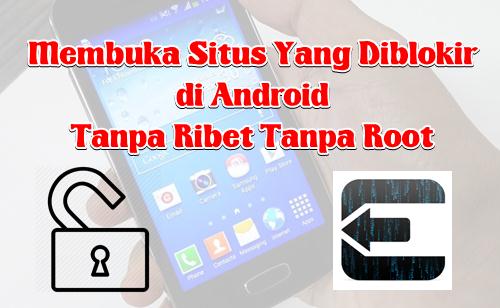
Research also revealed the use of cybertroop teams and bot networks spreading disinformation, including around the 2019 protests in Papua and West Papua (see B5).

However, the country continues to struggle with challenges including systemic corruption, discrimination and violence against some marginalized groups, tensions related to the independence movement in the Papua region, and the politicized use of defamation and blasphemy laws. Indonesia has made impressive democratic gains since the fall of an authoritarian regime in 1998, establishing significant pluralism in politics and the media and undergoing multiple, peaceful transfers of power between parties. Meanwhile, critics of the government, journalists, and ordinary users continued to face criminal charges and harassment in retaliation for their online activity. However, a court later ruled in support of civil society groups, declaring the restrictions unlawful.

The government again restricted internet access during the coverage period in August and September 2019, connectivity was limited amid protests in Papua and West Papua provinces.

Internet freedom in Indonesia declined due to an increase in disinformation and pro-government propaganda, as well as technical attacks targeting activists, journalists, and civil society.


 0 kommentar(er)
0 kommentar(er)
